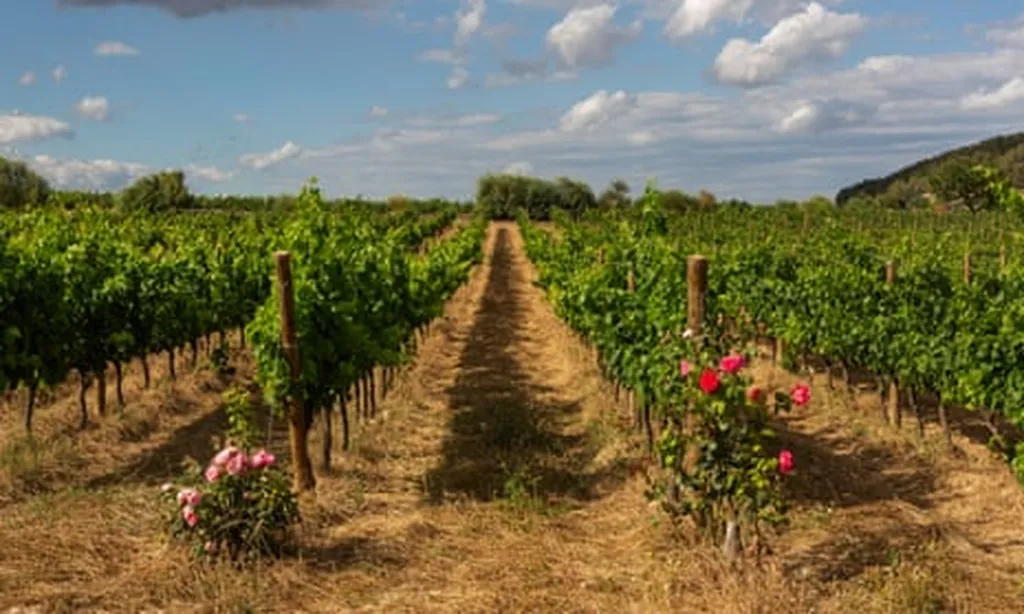In the rolling hills of Tuscany and the sprawling vineyards of Lombardy, a quiet revolution is taking place. Not in the grapes themselves, but in the way they are grown. A recent study led by Lorenzo Ferretti from the University of Florence’s Department of Agricultural, Food, Environmental and Forestry Sciences (DAGRI) has shed new light on the sustainability of different wine production methods, offering insights that could reshape the future of the wine industry and beyond.
The study, published in the journal ‘Ecological Solutions and Evidence’ (translated as ‘Ecological Solutions and Evidence’), applied the Agro-Environmental Sustainability Information System (AESIS) framework to two Italian wineries, Tenuta Casadei in Tuscany and Castello di Cigognola in Lombardy. The aim was to assess the environmental, productive, and social sustainability of conventional, organic, and biodynamic vineyard management practices.
Ferretti and his team found that the biodynamic-based BioIntegrale (BIOINT) method used at Tenuta Casadei achieved the highest sustainability compliance at 92%, followed by the organic farming with precision techniques (ORGP) at Castello di Cigognola with 87%. Conventional farming (CONV) lagged behind at 47%. “The results showed a clear sustainability gradient,” Ferretti explained, “with biodynamic practices leading the way, followed by organic, and conventional methods trailing behind.”
The study’s findings have significant implications for the wine industry and the broader agricultural sector. As consumers increasingly demand sustainable and authentic products, wineries and farms may need to adopt more eco-friendly practices to stay competitive. “This research provides multiple entry points for farmers to improve sustainability across various dimensions,” Ferretti noted.
The AESIS framework used in the study offers a comprehensive evaluation of agroecosystems, considering physical, ecological, productive, and social dimensions. This holistic approach could help farmers and policymakers make informed decisions about sustainable practices. “AESIS provided valuable insights into the sustainability of both farms,” Ferretti said, highlighting the tool’s potential for driving positive change in the industry.
The study also underscores the importance of agroecological interventions. Even the most sustainable practices, like those at Tenuta Casadei, can benefit from improvements, particularly in the physical dimension. Meanwhile, Castello di Cigognola could enhance its ecological and social sustainability. “Despite differences, both case studies could benefit from agroecological interventions,” Ferretti pointed out.
As the wine industry grapples with the challenges of climate change, resource depletion, and shifting consumer preferences, the insights from this study could guide future developments. By adopting more sustainable practices, wineries can not only improve their environmental and social impact but also enhance their commercial prospects. The study’s findings serve as a call to action for the industry to embrace agroecological principles and work towards a more sustainable future.
In the words of Ferretti, “This research is a stepping stone towards a more sustainable and resilient agricultural system.” As the wine industry navigates the complexities of the 21st century, the lessons from Tuscany and Lombardy could echo far and wide, shaping the future of agriculture and food production.

